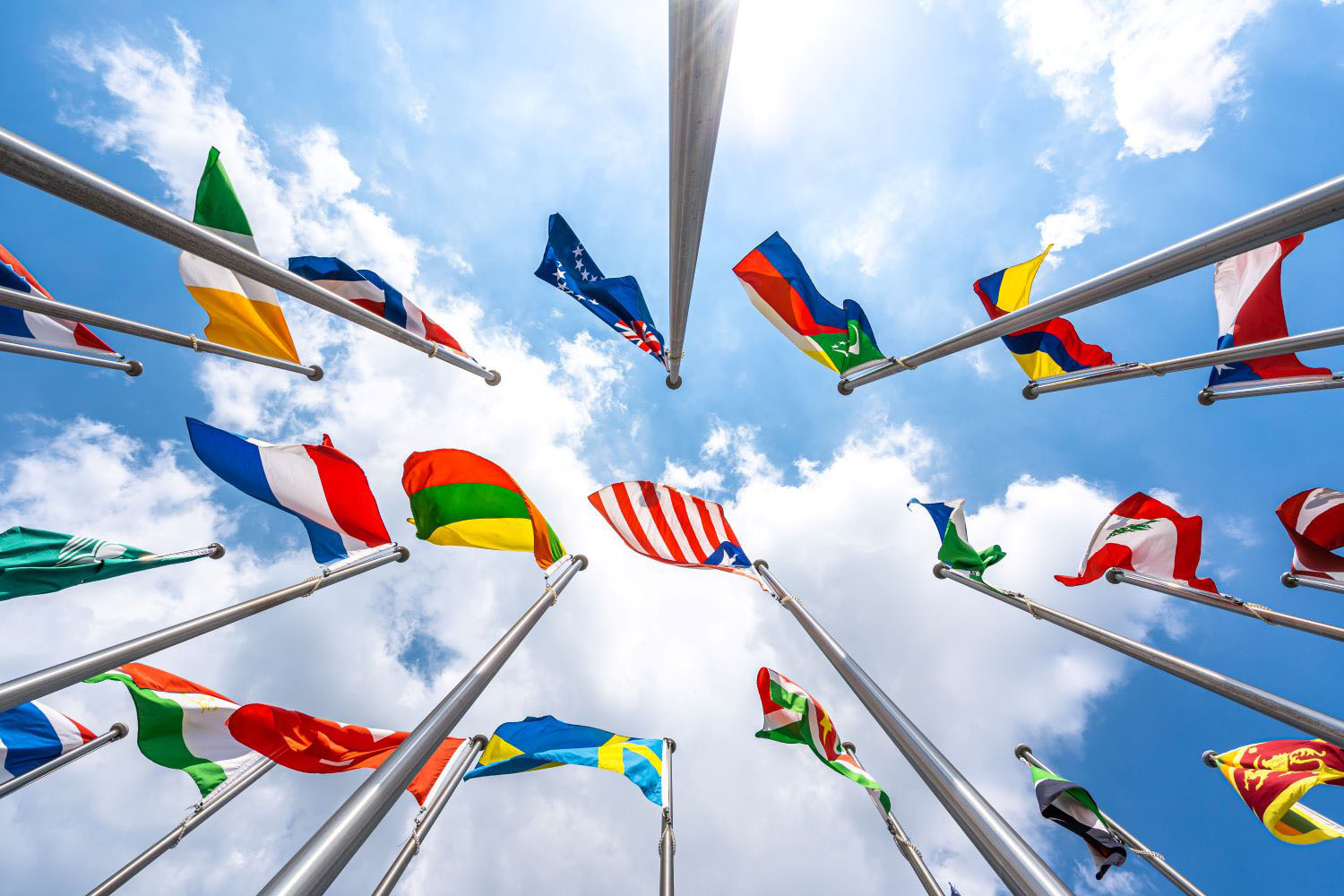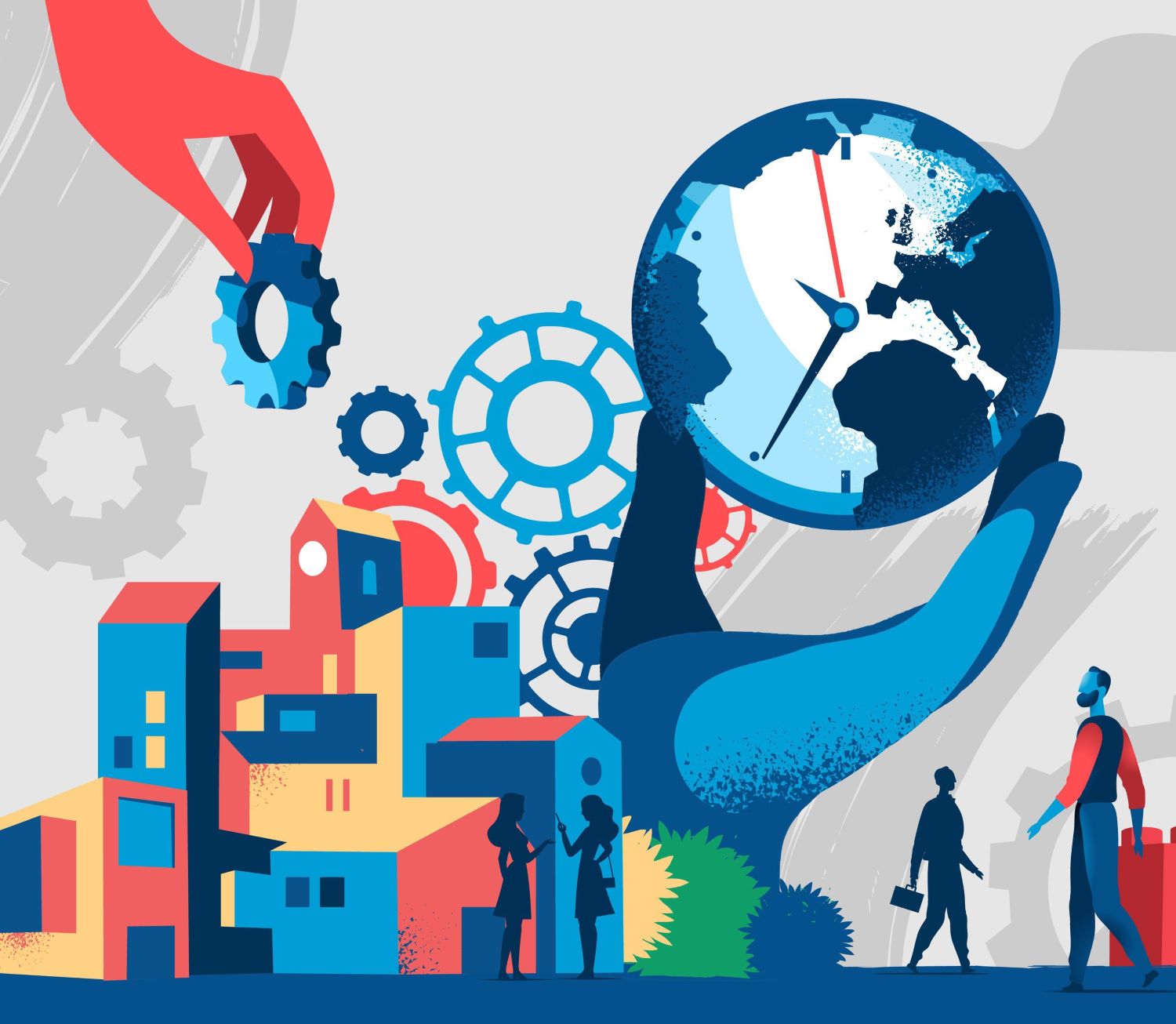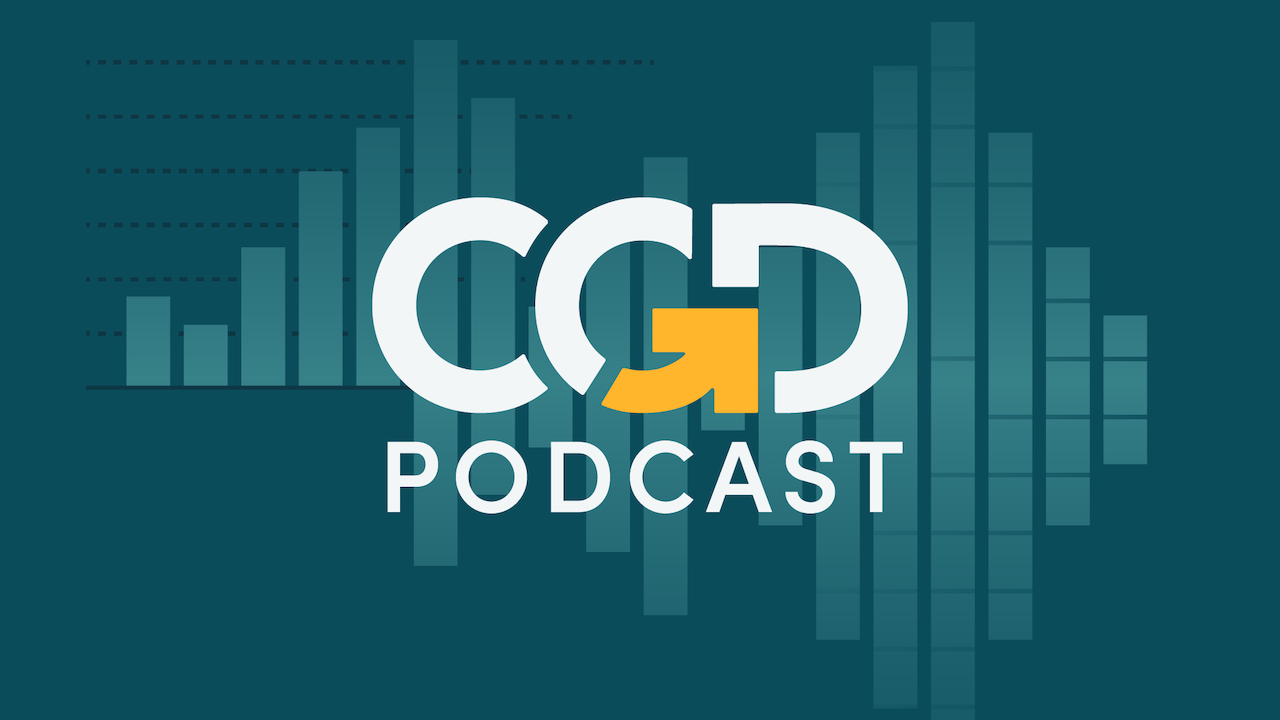Last September, UN Secretary General Ban Ki-moon pointed to the nuclear accidents in Chernobyl and Fukushima as proof of the need for transparency in nuclear safety worldwide. In February, his office released a Five-Year Action Agenda for his second term; it calls on the global community to make foreign aid more transparent. In March, Ban voiced his hope for a peaceful and transparent election in Guinea-Bissau. His Special Representative to Somalia thinks transparency could help there too.So committed to transparency is Ban Ki-moon that he released his personal financial records and encouraged other top UN officials to follow suit. He wanted the world to see where he got his money, in order to dispel ambient insinuations about corruption at the UN.So you'd think that the United Nations, after 5.5 years under his leadership, would be an epitome of openness, a triumph of transparency. It's not.A member of the public might desire to learn, for example, where the UN gets its money. How much is each member nation contributing to the UN's regular budget? To the capital budget? To peacekeeping operations? For a brief period, the UN posted such details monthly. But then at the end of 2010, the UN stopped disclosing its personal financial records. All you can get now is a PowerPoint file. For a somewhat unfair comparison, imagine if President Obama submitted his budget to Congress via PowerPoint.I care about this because I am updating the Commitment to Development Index for 2012. The CDI rewards wealthy nations for, among other things, funding U.N. peacekeeping operations, such as the one stewarding peace in Liberia. At least that's what the CDI is designed to do. But it can't without the data.Not only does the UN no longer share the information I need to reward countries for supporting it (ironic in itself), but the UN doesn't---how shall I put this?---appear to give a damn. It took me a month of contacting the UN to learn the unhappy truth, which came in a few perfunctory sentences from a nice lady at the UN Information Center in Washington and a nice lady at the Public Affairs Section at the Department of Peacekeeping Operations in New York. Despite the names of their offices, neither woman seemed eager to help me get the information I needed. Probably they knew that to try would be futile; so I take their passivity to reflect on their employer.Funding for the United Nations, especially that for peacekeeping in developing countries, is essentially foreign aid. No one has been a more effective advocate for transparency in foreign aid than my colleague Owen Barder. Last year he explained why aid transparency, however boring, is important:
Budget accountability is not just a technical question. England fought a civil war on the issue of Parliament’s ability to control tax and spending. It is the defining characteristic of legitimate government: if the British government cannot carry its budget in Parliament, it falls. The power of the US Congress to control spending is at the heart of the relationship between the legislature and the executive in the US balance of power....Twenty years ago, citizens were happy to delegate to aid agencies and NGOs the responsibility of spending aid well, and to be told from time to time what had happened to their money. That’s no longer true: people increasingly expect to be shown, not told, what has happened to their money, and they expect to be more involved in making choices. Information that was impossibly expensive to collect and access even a decade ago can now be published online as a matter of course, and that is what people expect from their public services....Aid agencies in the 21st century cannot continue to act like old-fashioned travel agents---repositories of expertise and information about options, to whom the money was given and decisions delegated. If aid agencies want to retain public trust, mandate and funding, they will have to become like Expedia---a platform on which citizens can see meaningful, comparable and reliable information and then exercise choices themselves. Unless aid agencies respond to these changing expectations, support for their work is likely to continue to decline, perhaps disastrously.Ban Ki-moon came into office in 2007 promising a new era of transparency that would help the UN recover from the corruption scandal of the oil-for-food program in Iraq. I was surprised to learn while preparing this post that the person best positioned to judge his success on that front, a Swedish woman named Inga-Britt Ahlenius, found his efforts wanting. From 2005 to 2010, she led the UN's Office of Internal Oversight Services. On stepping down, she addressed a remarkably frank "end of assignment" report to the Secretary General. It quickly became public:
There is no concept that you have stressed more than transparency---most often in connection with “accountability”. “Transparency and accountability” is the red thread in all your interventions and speeches from the speech on taking the oath of office and recurrently thereafter in most of your messages. You have made Transparency a significant part of your brand.Is the United Nations Secretariat now on the right path, more transparent, more accountable?...NoThere is no transparency, there is lack of accountability. Rather than supporting the internal oversight which is the sign of strong leadership and good governance, you have strived to undermine its position and to control it. I do not see any signs of reform in the Organization. [Emphasis in original.]You can tell a lot about a car company when you call to complain about a loose door handle. Do its employees leap at the opportunity to help or put hurdles in your path? Just so, my brief, frustrating encounter with the UN probably reveals much about its culture. The assessment from Ahlenius only ratifies my suspicions.No doubt it is a tough job to overhaul an entrenched bureaucracy, to make the UN transparent. Surely a great place to start---and a test of commitment---would be resuming elementary financial disclosures.
Disclaimer
CGD blog posts reflect the views of the authors, drawing on prior research and experience in their areas of expertise. CGD is a nonpartisan, independent organization and does not take institutional positions.





